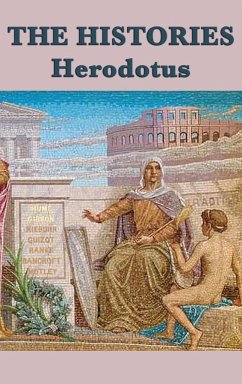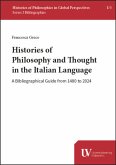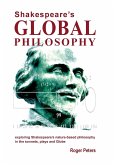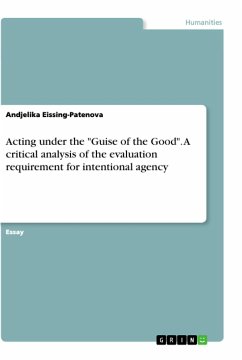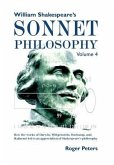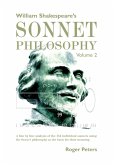One of the most ambiguous terms in English literary
history and theory has turned out to be historical
drama and all of its available alternatives such as history (play) , chronicle (play) , chronicle
history , etc. used relatively widely during the past
centuries. Under the Spell of Shakespeare s Histories
presents the exciting story of the theoretical
approaches to the above term starting from the
ancient times up until the end of the twentieth
century with a special emphasis on the
English-language sources. After providing a critical
summary of the theories of such major critics as
Samuel Johnson, Coleridge, A. W. Schlegel, Tillyard,
Ribner, Lindenberger and others in the first part,
the present study proposes a new definition which
takes into consideration all the earlier achievements
and shortcomings of the relevant literature. The
author of the present book does not at all consider
the proposed definition as final or faultless but
rather hopes that it will generate a new interest in
a better understanding of a genre so essential in the
dramatic literature of each and every nation in
Europe and elsewhere.
history and theory has turned out to be historical
drama and all of its available alternatives such as history (play) , chronicle (play) , chronicle
history , etc. used relatively widely during the past
centuries. Under the Spell of Shakespeare s Histories
presents the exciting story of the theoretical
approaches to the above term starting from the
ancient times up until the end of the twentieth
century with a special emphasis on the
English-language sources. After providing a critical
summary of the theories of such major critics as
Samuel Johnson, Coleridge, A. W. Schlegel, Tillyard,
Ribner, Lindenberger and others in the first part,
the present study proposes a new definition which
takes into consideration all the earlier achievements
and shortcomings of the relevant literature. The
author of the present book does not at all consider
the proposed definition as final or faultless but
rather hopes that it will generate a new interest in
a better understanding of a genre so essential in the
dramatic literature of each and every nation in
Europe and elsewhere.


